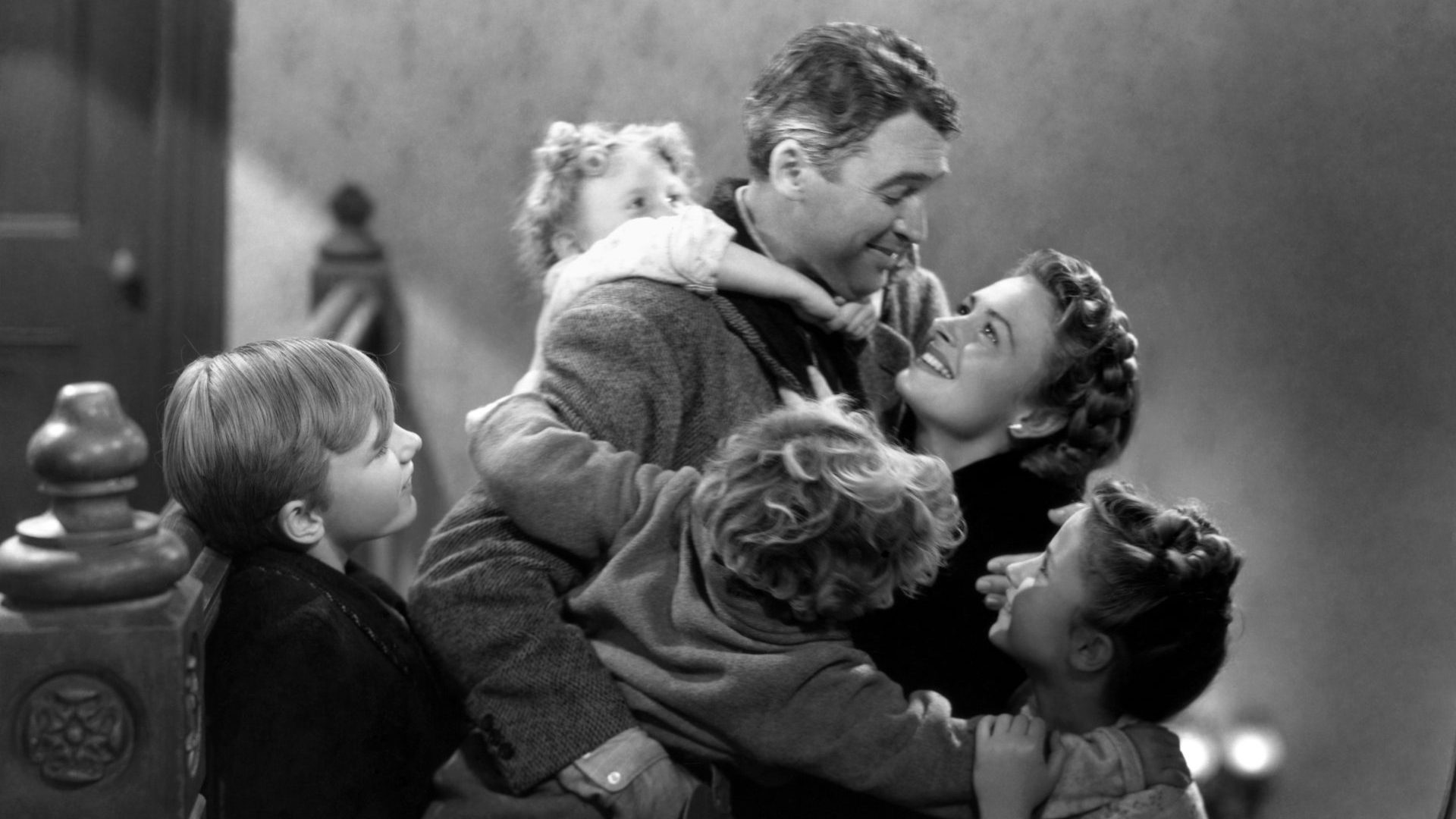It’s got to be one of the stranger Christmas traditions: every year, families gather around the television to watch a 1946 movie about vice, suicide, and a badly run banking institution. Yet, It’s A Wonderful Life is supposedly a yuletide classic.
It shouldn’t be. George Bailey is a feckless, puritanical and self-serving tyrant, using his fellow townsfolk’s money – ineffectively – to impose his own morality upon them. The celebrated George Bailey is perhaps the ultimate NIMBY, with the movie showing the townsfolk loving and celebrating him for saving them for their own selfish desires, such as for more housing or for any viable nightlife.
In the movie, George Bailey wants to travel the world but instead reluctantly agrees to run his hometown’s Building & Loans – the US equivalent to a building society – and marry Mary, who had loved him since childhood. Despite the B&L being owned by its customers, Bailey’s family seems to have a stranglehold on running it, despite having little aptitude to do so.
Bailey is terrible at running a financial institution, and has no sense of boundaries: early in the movie, it barely avoids collapse because he sinks the savings for his honeymoon into it.
George allows his alcoholic uncle to continue working, unsupervised, in a senior role at the institution. Despite a Building & Loan existing to approve housing, he insists on impossibly high housing standards, which restricts supply, pushing up profit for the town’s slum landlords, who Bailey mistakenly believes he is opposing.
Eventually, all of George’s incompetence and mismanagement catches up with him, when $8,000 is missing from the Buildings & Loan, meaning that both the law and the regulators are closing in on Bailey and customers are losing confidence. This does lead to one of the best descriptions of how banks work to make it into fiction:
“You’re thinking of the place all wrong, as if I have the money back in a safe,” Bailey says. “The money’s not here. Your money’s in Joe’s house… and a hundred others. You’re lending them the money to build and then they’re going to pay it back to you the best they can.”
What Bailey leaves out, of course, is that thanks to his alcoholic uncle, and George’s negligence, $8,000 of their money is missing and cannot be found, a situation for which we are encouraged to blame the bank owner Henry Potter, as if he should save a rival from their hapless blunders.
As a locally powerful straight white man, the prospect of facing the consequences of his actions is of course so unbearable to George Bailey that he immediately contemplates suicide. Thankfully, like most men in his position, Bailey appears to have the benefit of a guardian angel, through whom we get to see what the world would look like if Bailey had never been born.
George Bailey is shown a bustling metropolis, in place of the staid town struggling to manage in his real world. The high street is full of packed bars and clubs, with delighted patrons clearly enjoying spending what seems like ample disposable income.
Mary, the wife for whom George settled when his plans to travel were disrupted, is enjoying a successful career in the local library. So delighted are the townsfolk with the state of things that they have even renamed the town “Pottersville”.
Obviously, the strictly paternalistic Bailey sees this idyllic situation as hellish, seemingly particularly horrified by the idea of his wife having a job and taking satisfaction from a life lived outside the home. He returns to his real life determined to prevent this future ever coming to pass: his NIMBYism is validated and renewed.
Meanwhile, his wife – once again showing the catastrophic mingling of Bailey’s personal and work lives that have twice nearly led the Buildings & Loan to ruin – has gone door to door, shaking money out of the locals to recapitalise Bailey’s, dragging even more money out of the local community, risking impoverishing the town after Christmas, but saving George Bailey from facing the consequences for his criminal negligence at the bank.
As the bamboozled townsfolk bafflingly celebrate their collective loss, they gather around the piano to celebrate George Bailey getting away with everything scot-free, learning nothing except that he is free yet again to use everyone else’s money to impose his own will on the town.
Usually, a good Christmas movie is popular because of the escapism it offers. But for America, a parable about a feckless man preparing to impose a radical moral agenda on his locale thanks to support from the locals and a lot of outside help from a guardian angel might feel a little on the nose.
Still, it’s a free country… for now.











